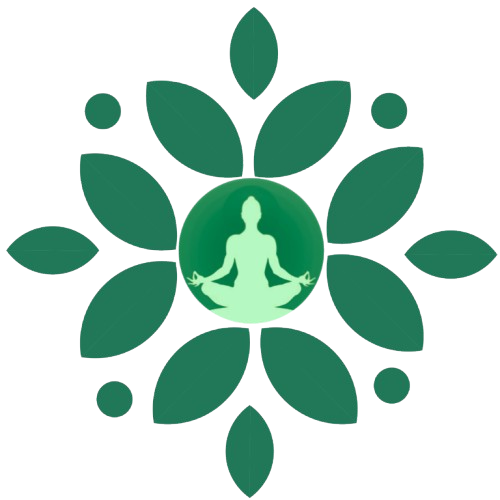How did the Catholic Church view psychic practices during the Middle Ages?
During the Middle Ages, the Catholic Church largely condemned psychic practices, associating them with heresy, paganism, and demonic influence. Activities such as divination, astrology, and mediumship were often viewed as violations of religious doctrine.
Church authorities believed that seeking supernatural knowledge outside of God’s will was a sin. This led to the persecution of individuals suspected of engaging in psychic or magical acts, often under accusations of witchcraft or sorcery.
⚖️ Church Doctrine and Warnings
The Church issued numerous edicts warning against sorcery, necromancy, and other "occult" practices, reinforcing their stance through sermons and literature.
🔥 Inquisitions and Trials
The Inquisition actively investigated and punished individuals believed to be practicing forbidden arts, sometimes resulting in imprisonment, torture, or execution.
📜 Misinterpretations and Fear
Many natural healers, astrologers, and mystics were misunderstood, as the line between science, superstition, and faith was blurry at the time.
🙏 Exceptions and Spiritual Gifts
Not all mysticism was condemned. Saints and visionaries who claimed divine revelations were sometimes accepted—if their experiences aligned with Church teachings.
Witch Hunts in Europe
Explore the dark history of how psychic suspicion led to deadly trials.
Read more →

